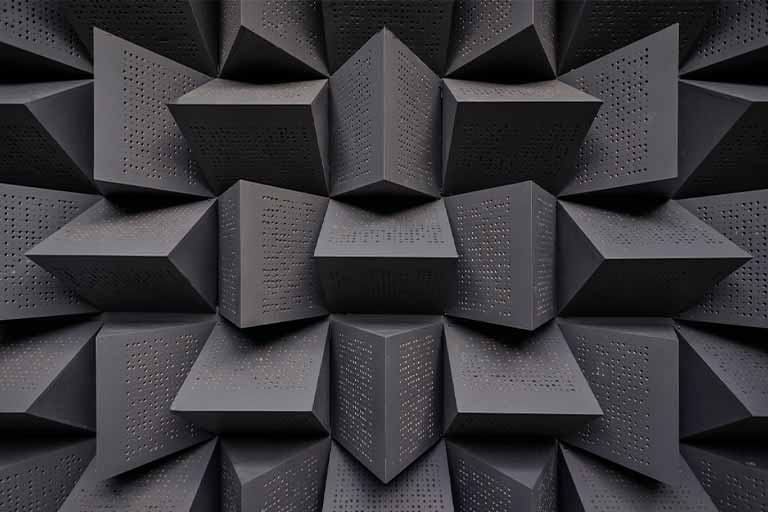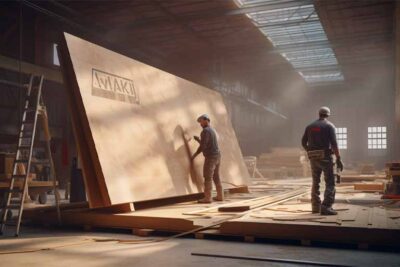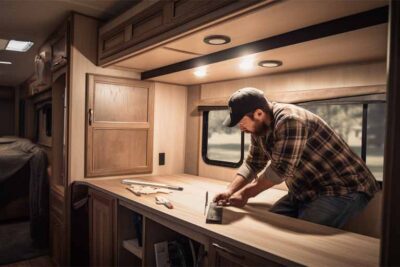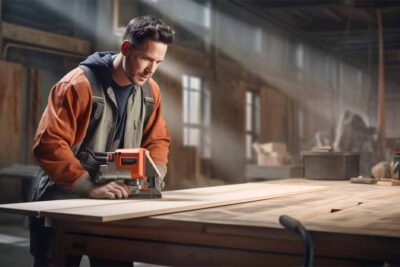
Plywood for Soundproofing: Techniques and Applications
Plywood for Soundproofing: Techniques and Applications
Soundproofing is essential for any space where noise can be a distraction. Whether it is a residential or commercial building, home studio or entertainment venue, soundproofing is an important factor to consider. Plywood can be a useful tool in creating a soundproof space as it is a versatile and affordable material.
Explanation of Soundproofing
Soundproofing is the process of reducing the amount of sound that enters or leaves a room. Sound can penetrate through walls, ceilings, and floors, resulting in noise pollution. This can be distracting and affect the quality of work or leisure activities. Soundproofing is the solution to this problem.
Role of Plywood in Soundproofing
Plywood is a versatile material that can be used for a variety of purposes, including soundproofing. Plywood is made by gluing together thin layers of wood, which makes it a sturdy and durable material. Because of its thickness and density, it can reduce sound transmission, making it an ideal material for soundproofing.
Types of Plywood for Soundproofing
There are various types of plywood that can be used for soundproofing, including:
Film Faced Plywood
Film faced plywood is a type of plywood that has a coating of phenolic film on both sides. This makes it resistant to water, heat, and chemicals, making it ideal for use in humid environments. It is also durable and can withstand heavy loads, making it suitable for use in flooring and wall applications.
UV Prefinished Plywood
UV prefinished plywood is a type of plywood that has a coating of ultraviolet (UV) cured resin on both sides. This makes it resistant to scratches, stains, and fading, making it ideal for use in areas where there is high traffic. It is also easy to clean and maintain, making it a popular choice for flooring and wall applications.
Hexa Plywood
Hexa plywood is a type of plywood that has a hexagonal pattern on its surface. This makes it visually appealing and gives it a unique texture. It is also durable and can withstand heavy loads, making it suitable for use in flooring and wall applications.
Birch Faced Plywood
Birch faced plywood is a type of plywood that has a birch veneer on its surface. This makes it visually appealing and gives it a natural look. It is also durable and can withstand heavy loads, making it suitable for use in flooring and wall applications.
Techniques for Soundproofing with Plywood
There are various techniques that can be used for soundproofing with plywood, including:
Double Layering
Double layering involves installing two layers of plywood with a layer of soundproofing material in between. This can be a cost-effective way to soundproof a space.
Resilient Channels
Resilient channels are metal channels that are installed perpendicular to the studs in the wall. They create a gap between the wall and the drywall, which reduces sound transmission.
Green Glue
Green glue is a soundproofing compound that is applied between two layers of plywood. It converts sound energy into heat, which reduces sound transmission.
Acoustical Caulk
Acoustical caulk is a type of sealant that is used to seal gaps between the plywood and the wall. This prevents sound from leaking through the gaps.
Applications of Soundproofing with Plywood
There are various applications of soundproofing with plywood, including:
Residential Buildings
Soundproofing can be used in residential buildings to reduce noise pollution from outside sources, such as traffic or neighbors.
Commercial Buildings
Soundproofing can be used in commercial buildings to reduce noise pollution from machinery or equipment.
Home Studios
Soundproofing can be used in home studios to reduce noise pollution from outside sources, such as traffic or neighbors.
Considerations when Choosing Plywood for Soundproofing
When choosing plywood for soundproofing, there are several factors to consider, including:
Grades of Plywood
Plywood is graded based on its quality. The higher the grade, the better the quality. For soundproofing, it is recommended to use A or B grade plywood.
Exterior vs Interior Plywood
Exterior plywood is designed to withstand moisture and weather, making it suitable for use in outdoor applications. Interior plywood is designed for use in indoor applications. When soundproofing, it is recommended to use exterior plywood.
Thickness and Flexibility
Thicker and more flexible plywood is better for soundproofing as it can absorb more sound energy.
In conclusion, plywood is an excellent material for soundproofing. There are various types of plywood that can be used, and various techniques that can be employed. When choosing plywood for soundproofing, it is important to consider the grades of plywood, whether it is exterior or interior, and its thickness and flexibility. Contact SFK Plywood for more information on the best plywood for your soundproofing needs.
Contact SFK Plywood today to learn more about our film faced birch plywood, hexa flooring, and other products. Our team of experts is ready to help you with all your plywood needs.






